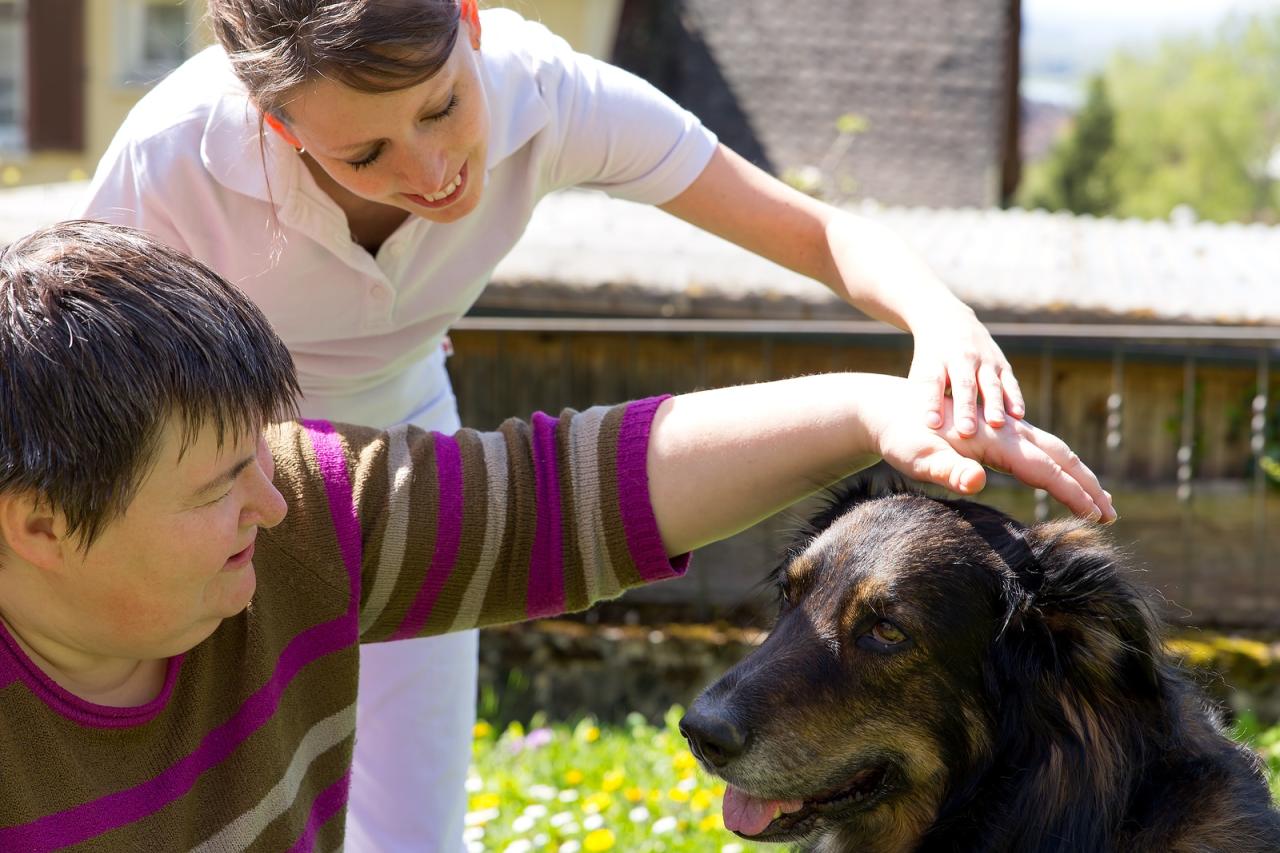
Guide to Service Dog Training Classes in the Philippines: Finding the Right Program for Your Needs
Introduction:
Service dogs play a crucial role in assisting individuals with disabilities, providing vital support and companionship. In the Philippines, the demand for trained service dogs is growing, highlighting the importance of quality training programs. This guide aims to navigate the landscape of service dog training classes in the Philippines, helping individuals find the right program tailored to their specific needs.
1. Understanding the Role of Service Dogs in the Philippines
- Explanation of the various tasks and roles service dogs perform
- Discussion on how service dogs enhance the quality of life for individuals with disabilities in the Philippines
- Examples of tasks performed by service dogs, such as guiding the visually impaired, alerting to seizures, and providing mobility assistance.
2. Importance of Professional Training for Service Dogs
- Emphasis on the necessity of professional training for service dogs to perform their tasks reliably and safely
- Discussion on the benefits of structured training programs, including obedience, task-specific training, and public access training
- Examples of how well-trained service dogs positively impact the lives of their handlers.
3. Criteria for Evaluating Service Dog Training Programs
- Overview of essential criteria to consider when evaluating service dog training programs
- Factors such as trainer qualifications, training methods, curriculum, success rates, and client satisfaction
- Importance of choosing a program that aligns with the specific needs and goals of the individual handler.
4. Top Service Dog Training Classes in the Philippines: A Comparative Overview
- Review of the leading service dog training programs available in the Philippines
- Comparison of their training methodologies, curriculum, facilities, and client testimonials
- Insight into the strengths and weaknesses of each program to assist individuals in making an informed decision.
5. Curriculum and Training Methods Offered by Leading Programs
- Detailed examination of the curriculum and training methods employed by top service dog training classes
- Discussion on the importance of comprehensive training, including obedience, task-specific training, and public access training
- Examples of effective training techniques, such as positive reinforcement and task shaping.
6. Testimonials and Success Stories from Previous Clients
- Presentation of testimonials and success stories from individuals who have completed service dog training programs
- Insight into the impact of well-trained service dogs on the lives of their handlers
- Real-life examples demonstrating the effectiveness of various training programs.
7. Accessibility and Location Considerations for Filipino Pet Owners
- Discussion on the importance of accessibility and location when choosing a service dog training program
- Considerations for individuals living in different regions of the Philippines and their access to training facilities
- Suggestions for finding programs that are convenient and accessible for all Filipino pet owners.
8. Cost Comparison and Affordability of Different Training Programs
- Examination of the cost of service dog training programs and the factors that influence pricing
- Comparison of prices between different programs and considerations for affordability
- Discussion on the value of investing in professional training for service dogs and the potential long-term savings.
9. Additional Services and Resources Provided by Service Dog Training Classes
- Overview of any additional services or resources offered by service dog training programs
- Examples may include follow-up support, refresher courses, and assistance with public access certification
- Importance of ongoing support and resources for the success of service dog teams.
10. Tips for Making the Most of Service Dog Training Classes
- Practical advice for individuals embarking on service dog training classes
- Suggestions for preparing both the handler and the dog for training success
- Encouragement to stay committed to the training process and communicate openly with trainers.
Conclusion:
Selecting the right service dog training program is a crucial step in ensuring the success of the service dog-handler team. By understanding the role of service dogs, evaluating training programs, and considering factors such as accessibility, cost, and training methods, individuals can find the right program to meet their needs. With proper training and support, service dogs in the Philippines can continue to make a profound difference in the lives of individuals with disabilities, providing companionship, independence, and enhanced quality of life.
No Comments Yet